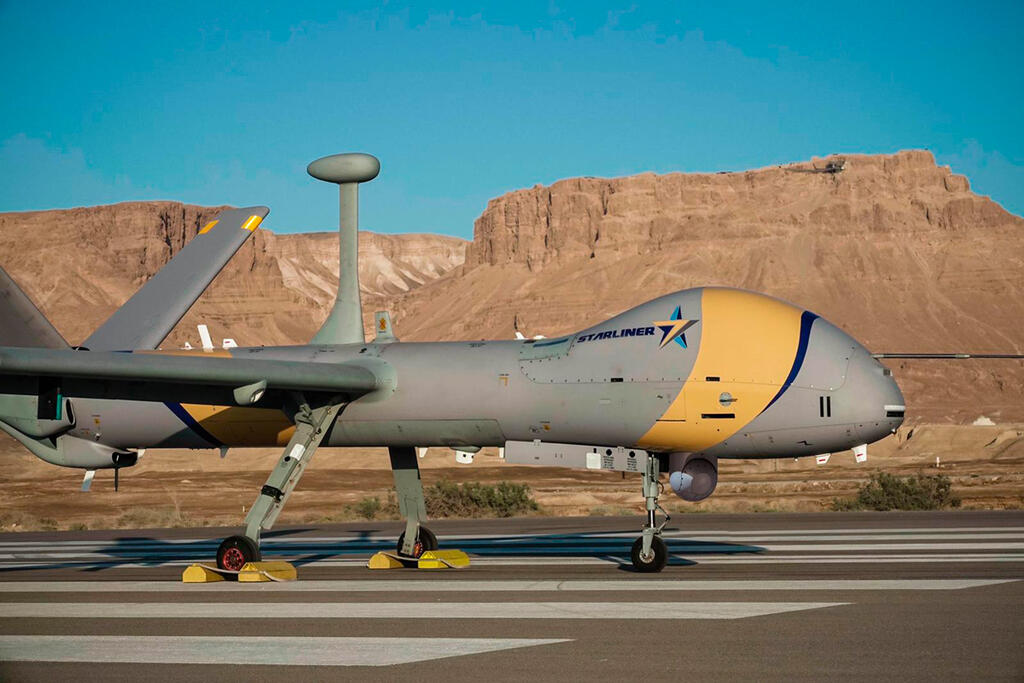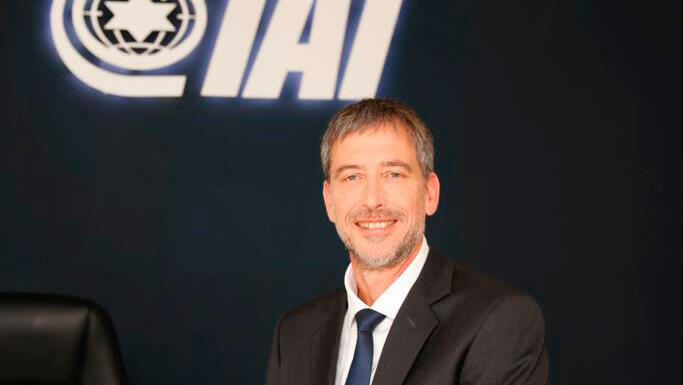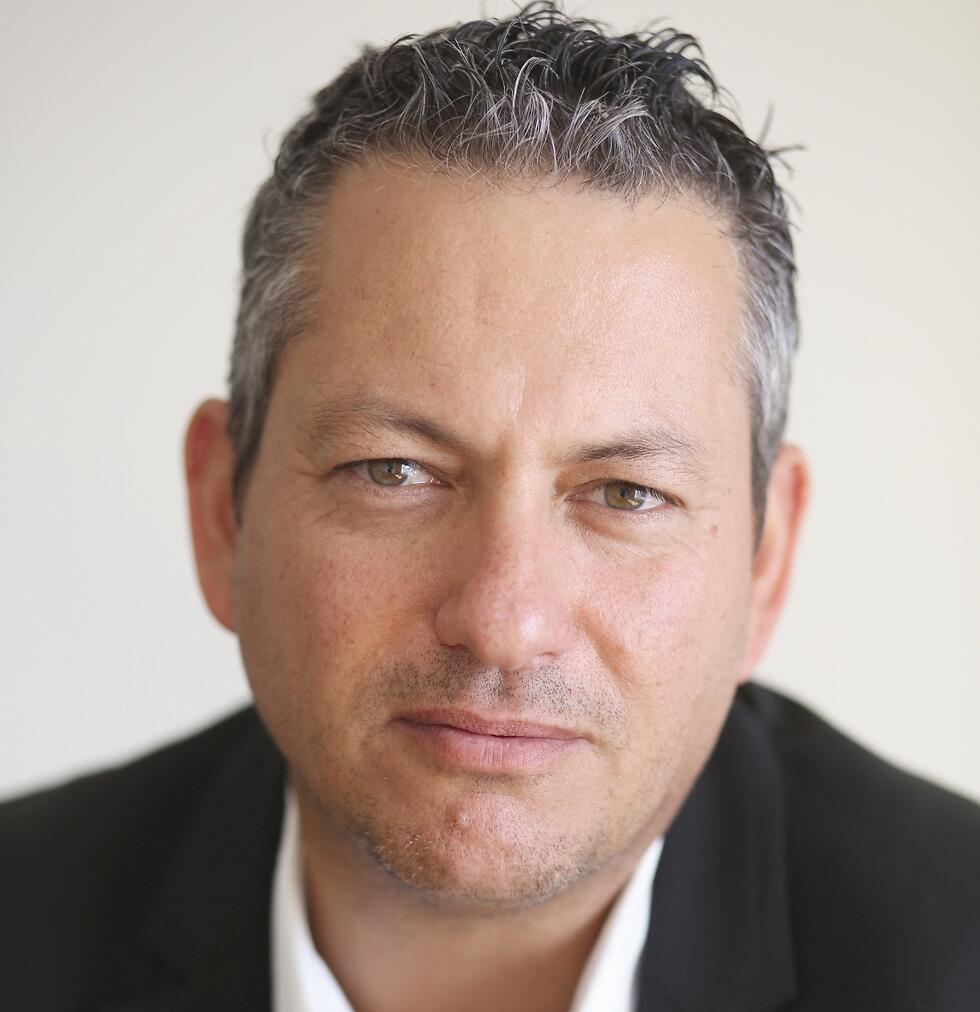On the morning of Sunday, April 14, after the Iranian attack, and the unprecedented success of the interceptions, an employee of one of the major high-tech corporations (Google, Microsoft, Facebook, Amazon, Apple) wrote in an anonymous post in a Facebook group, that after such a night, he regrets not working in the defense industries. And he is not alone. Since the beginning of the war, the defense companies have received increasing interest from candidates, some of whom work in high-tech companies and are interested in contributing to the war effort.
Others are looking for job stability and there are also those who are exposed for the first time to the technology developed in the defense companies and want to take part. When choosing between life-changing options, salary and the possibility of an exit, and ‘protecting the homeland’ – more and more engineers and programmers prefer meaning over money.
For example, a software engineer and project leader in the field of air defense at Rafael, who wished to remain anonymous, left the company in 2022 in favor of a job at Intel. In March of this year, he returned to Rafael. “I served for about 9 years as an officer in an elite unit in the Air Force and then worked for 24 years in Rafael. I experienced many of the wars and took a significant part in them, but I was missing out on the current one. On October 8, I called my previous managers in Rafael and I offered my help. I knew it was almost impossible but I had to take part. I really liked the work at Intel, I was exposed to new things, I felt that I contributed a lot, I was appreciated and I also earned good money, but I couldn’t get rid of the feeling that I wasn’t part of this war effort,” he says.
In March, he received an offer to return to be the head of the project he is working on today. “My son is a soldier in an elite unit currently serving in Gaza. When I received the offer, and when I knew that this is a system that protects soldiers, including my son, I could not say no,” he says.
A 200% jump in resumes
Applications from candidates sent to the defense companies as well as the response from candidates to approaches from the companies has been on the rise since the beginning of the war. At Rafael there has been an increase of about 40% in initial inquiries; At Israel Aerospace Industries (IAI), which is running an active campaign to recruit engineers, they saw a 200% increase in applications, so now they receive thousands of resumes a month; And at Elbit there is an increase in the number of inquiries and more importantly, a 30% decrease in the time needed to fill a position.
“We have had employees who moved to work at a startup and came back to us because they want to do something significant, and this trend continues. Elbit recruits many employees for a very wide spectrum of occupations and we see a huge increase in the number of inquiries initiated by job seekers. In our inquiries we also recognize a lot more interest and willingness to be partners in a significant way. I think there are two main reasons for this: the first is that the war revealed very innovative technologies and the second reason is the desire to do something significant, and in Israel you really are ‘protecting the homeland’,” says Dr. Shelly Gordon, EVP Human Resources at Elbit.
According to Nir Reiss, Executive VP CHRO at IAI, people who work at other technology companies are interested in moving to IAI because of the war. “Some of them would not even consider moving from high-tech to the IAI if it weren’t for recent developments. For others, it is the continuation of their IDF reserve service. We are actively working on this. We think that it is necessary to make sure that people who return from reserve service find a good place in the labor market. This is an opportunity for us to recruit people who are looking for meaning and want to return from the reserves and come to a stable and growing place that gives them safe ground to return to and be understanding of extended reserve periods.”
At Rafael, the increase in the number of referrals is attributed to people looking for meaning, a technological challenge and career building. “People want to be part of a success story and everything that has happened since October 7 makes people want to work for a significant organization. In addition, we are the largest employer in the north and people want to be part of that,” says Sagit Sela-Gal, Executive Vice President of Human Resources at Rafael.
Rafael employs 9,000 workers, most of them in the north and the company plans to hire another 2,200 workers this year. Elbit will also recruit close to 2,000 people this year and now there are over 800 open positions. The company employs over 13,000 workers; And IAI, which employs 7,000 engineers, expects to recruit about 1,500 people this year.
4 View gallery


Sagit Sela-Gal, EVP of Human Resources at Rafael
(Photo: Rafael Spokesperson’s Office)
The placement companies recognize a 20-25% increase in the recruitment of employees for the defense companies compared to other companies in the market. “These are record recruitments since they are dealing with an extraordinary order backlog that requires a lot of production workers to keep up, and of course there are also a lot of technological workers who will perfect and develop the systems and maintain their function and accuracy in real time. The most sought after positions are development positions. We can also see the growth of small defense companies that provide solutions for the operational needs due to the challenges of war that are revealed on the fly,” says Chaim Giron, co-CEO and founder of Infinity Labs R&D.
For example, Tomer, a government defense company that develops, among other things, rocket propulsion for the Arrow missile engines, is currently hiring 60 new employees, including research and development personnel, engineers and development and production workers. Since the beginning of the war, the company has taken on 65 additional workers.
“Israel has always been considered a technological leader and has high capabilities, but the attack in which over 300 missiles were fired at us – including about 100 ballistic missiles – something that has never happened anywhere before, brought about a real understanding of Israeli superiority in these aspects, something which resonated all over the world. It is important to understand that behind all these systems there are talented and dedicated people who have been developing and perfecting them for many years in accordance with the changing threats and continue to do so all the time in accordance with the current and future threats,” says Giron.
No options and exits
During the war, many employees from startup companies decided to join Elbit also because of the job security offered by defense industries compared to high-tech. For example, an algorithmic engineer who wished to remain anonymous joined the company three months ago after working for about two years at a high-tech company. A systems engineer, who also asked to remain anonymous, joined the company five months ago after working for three years at a startup, and another employee, who is 30-years-old from Givatayim, who asked to remain anonymous, came to Elbit after working at Lusix and following four months of reserve service as an IDF combat soldier.
“In our estimation, since the outbreak of the war, there has been an increase of about 25% in the demand for workers among the defense companies in Israel. We see that the defense companies are attracting workers from the high-tech industry. One of the reasons for this is that many of them have been laid off due to the downward trend in the industry. In addition, today, the defense companies offer employment stability that is often anchored in an agreement for years to come, so that the risk levels of losing a job, in contrast to high-tech, are of great importance, sometimes more than the options and bonuses offered by the high-tech companies. Also, the defense companies offer a variety of benefits and attractive conditions for their employees: competitive wages, especially for engineers and those with specializations, advanced development challenges, health insurance and medical services, professional training and promotion, pension plans and increased compensation, subsidized meals, vacations, welfare and leisure facilities, grants and loans, and more,” says Dana Lavi, CEO of Nisha from the Human Resources Division of the Danel Group.
Related articles:
The base salary of engineers in the defense industries cannot compete with the salary offered by companies such as Google or Microsoft. For example, an electronics engineer with ten years of experience earns between NIS 30,000 and 35,000 per month ($8,100-9,400), a mechanical engineer with 5 to 10 years of experience earns about NIS 25,000-30,000 per month $6,750-8,100), and an algorithmist with 5 years of experience earns a similar amount, according to Nisha data. However, this is a base salary and the defense companies have different ways of rewarding employees with bonuses and long-term compensation plans.
“The average length an employee stays with us is 10-12 years. I think that Elbit is different from organizations like Microsoft or Nvidia because of the wide spectrum of our products and the various divisions, Air & Land, Intelligence Communications, the whole spectrum, allows you to move within the organization, engage in a different set of products, work with completely different customers and to feel as if you are in a new company. There is a very wide range of opportunities to develop in your career and this is undoubtedly an advantage,” says Gordon. Another factor that attracts engineers to work specifically at Elbit is the investment in research and development, which has reached $503 million and is among the highest in the industry.
“You won’t be able to be part of an exit at Rafael. On the other hand, there is job security. The high-tech industry is very unstable. With the technological challenges and also the expectation of the amount of orders we have, job security will also remain steady in the coming years,” says Sela-Gal. “We do not pay less. We are simply not a public company, but our salary is fair compared to the market. It is simply not affected by the stock. There are days when the stock goes up and days when it goes down. We have security and employment consistency over the years.”
At IAI, employees are offered recruitment and retention grants, but mainly meaning and development throughout their careers. Two years ago, IAI appealed to high-tech engineers in a campaign that ridiculed the work in the high-tech industry compared to the meaning of working at IAI. For example, “Bravo to Alma! Thanks to whom thousands of children are addicted to computer games” and invited high-tech workers to take part in the development of autonomous robotics systems or missile interception.
Today, when the technology developed by the defense industries is visible and its effectiveness has been proven time and again in war, less persuasion is needed. Despite this, the IAI is still running an active recruitment campaign “We Don’t Stop” which emphasizes that the company’s employees meet their obligations to support the Israeli defense system as well as meet their obligations for orders. “We think that IAI is a good company to work for. We offer a respectable salary and present stable growth. We offer meaning. People understand why they are in the company. It’s an opportunity to integrate into doing something with meaning,” says Reiss.























